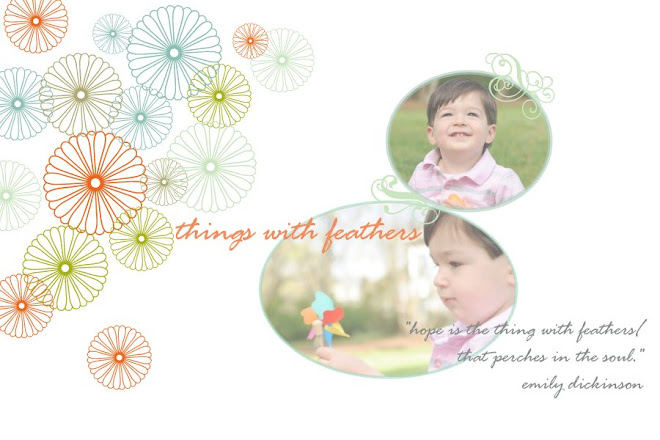You resent this harsh new language that sounds to your ears like clinking marbles
 in a rusty metal pan. You tighten your jaw when I speak to you and reluctantly get out pencil and paper. You never turn in homework or finish an assignment, and you ask in your new tongue (now the marbles are rolling around in your mouth) what age in America allows you to quit school. You begin to count down two years.
in a rusty metal pan. You tighten your jaw when I speak to you and reluctantly get out pencil and paper. You never turn in homework or finish an assignment, and you ask in your new tongue (now the marbles are rolling around in your mouth) what age in America allows you to quit school. You begin to count down two years.Months fade, one season melts into the next. You despise the cold of winter but love your hoody sweatshirt, a persona
 l retreat of fleece where two worlds colliding can't reach you.
l retreat of fleece where two worlds colliding can't reach you.You stare out the window as your classmates diagram sentences. You pick your nails as those around you read Voigt's Homecoming. World history is an oxymoron; this is not the history of your world, the one that is fading from you too fast, like your warm breath on the frosted window as you turn away. Because you are sharp, though, you begin to learn. Syllables crack open to reveal the flesh of meaning. But still, your hard shell remains.
And then it is spring. I stand before the class and write poetry on the board. I ask for a definition. "Boring," "babyish," and "boot-legged" echo back to me from groaning students, a few of whom you're suddenly beginning to like.
But as we read Angelou and cummings, Pablo Neruda and Langston Hughes, something in you zings like heat lightening. Poetry gives you a chance to experiment with this new language, to roll the marbles around in a velvet-lined box, if you want. You put pen to paper and a poet is born. Your colliding worlds cease their banging and begin to intertwine like fingers folded in prayer. Words, old and new, flow from you. As a final chunk of stubborn ice slides down the classroom's window, something in you--the part that has been silent and silenced for too long--finds its voice.
One day you bring me a stack of poems you have written. You apologize that they do not rhyme but explain that you like them better when they don't. So do I. I read and try to mask my unbelief at the beauty of your words, the shiver up my spine at the depth of your thoughts.
At my suggest
 ion, you sit on a stool at the front of the class and read your poems. The chameleon takes center stage. The hoody sweatshirt is replaced by a jaunty black beret (a beret!), the sullen eyes replaced by soulful ones. You read and your classmates are not as good at hiding their shock. They gape and exchange glances. And then they begin to applaud. Their applause mirrors your voice: hesitant at first, then growing stronger. You duck your head, but not before I see the grin cracking your shell in two.
ion, you sit on a stool at the front of the class and read your poems. The chameleon takes center stage. The hoody sweatshirt is replaced by a jaunty black beret (a beret!), the sullen eyes replaced by soulful ones. You read and your classmates are not as good at hiding their shock. They gape and exchange glances. And then they begin to applaud. Their applause mirrors your voice: hesitant at first, then growing stronger. You duck your head, but not before I see the grin cracking your shell in two.Mario, welcome home.
And welcome to what you would later call a milestone moment in your life, and what has surely become one in mine. One that guided me as a teacher for almost a decade. Every year, as I wrote poetry on the board, I would look around at my small sea of groaners and wonder: which of these chameleons has a poet lurking inside? At least one always did.







2 comments:
I always thought my "emerging" students and those with tough home lives had so much more to share. Or at least more than most people give them credit for. This post made me miss teaching!
OMG this post brought tears to my eyes. I just found your blog and will return to read more later. Thank you for giving me a lift for the day! Sue
Post a Comment